Morocco
The Moroccan government has presented an emergency plan to address the country's water crisis.
The rise in temperatures resulting from climate change has pushed Morocco towards a state of water stress. The World Resources Institute (WRI) indicates that Morocco will reach an extremely high level of water stress by 2040.
According to Nizar Baraka, Minister of Equipment and Water, over the period from September to mid-January 2024, the country recorded a rainfall deficit of 70% compared to the average.
For example, the filling rate of dams stands at 23.2%, down from 31.5% recorded during the same period of the previous year.
Faced with this situation, King Mohammed VI stressed the importance of accelerating medium-term projects.
An allocation of $14 billion for the National Drinking Water Supply and Irrigation Program (PNAEPI 2020-2027) will be released.
Work has begun on the construction of a new seawater desalination station in the Dakhla region. Valued at $250 million, this installation should be operational by June 2025 and provide drinking water to the city of Dakhla and its surroundings.
At the same time, planned projects with a medium-term impact will be accelerated, in particular the dams currently under construction, the interconnection between the Sebou, Bouregreg and Oum Rabia basins, the national program of stations of seawater desalination, the program for the reuse of purified wastewater, the water saving program at the level of the drinking water supply and distribution and irrigation networks.
The Cherifian kingdom is one of the countries in the world most affected by “water stress”.
This is a reality which has repercussions on several sectors of the national economy, in particular the agricultural sector, which remains the largest consumer of water within the Kingdom.



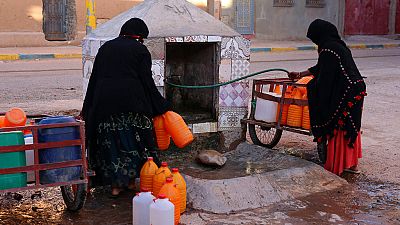

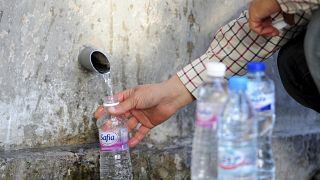
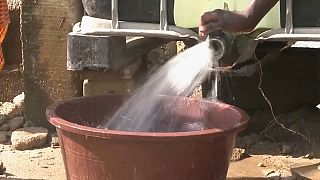
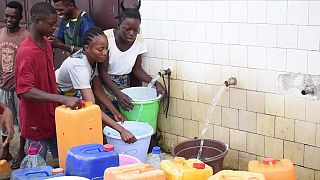

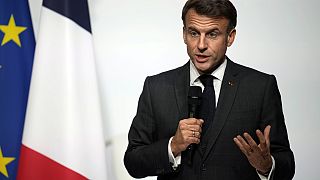




01:42
Fourth mass coral bleaching prompts UN alarm
01:06
Cholera fears as Sudan faces a worsening water crisis
01:10
United States commits to counter or adapt to threats of rising sea levels
02:00
WATCH: State of calamity declared as Portugal's fires continue to escalate
01:55
New tech helps water flow to Pakistan's capital Karachi
01:43
Companies are crafting new ways to grow cocoa, and chocolate alternatives